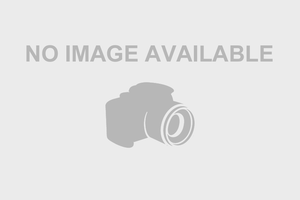$1.05 trillion asset manager Deutsche Bank says that German central banks may buy and hold Bitcoin on their balance sheets by 2030. The bank’s latest report highlights the growing interest in digital assets such as Bitcoin, as well as Gold’s recent gains in 2025, rivaling fiat. Deutsche Analysts consider it plausible that Bitcoin could complement gold as a reserve asset in the next five years..
Among the key signals for those analysts are a decreasing 30-day volatility—which reached multi-year lows in August 2025—a greater market depth, and enhanced regulatory attention in major jurisdictions. Marion Laboure, Analyst at Deutsche Bank Research, even stated that she could see Bitcoin becoming “digital gold” in the next few years, something that Strategy CEO Michael Saylor has preached throughout the past years.
This hypothesis by Deutsche Bank could become a reality, so long as regulatory clarity in the USA, EU, and Asia continues to become clearer. With the US already pushing forward on becoming a hub for crypto innovation in the world, countries in Asia and the EU are slowly joining the efforts. Just today, the US and UK agreed to form a crypto task force to expand efforts in both countries. Crypto regulation is also becoming far more transparent across the EU and Asia, including China. In Asia, financial hubs are refining licenses and prudential requirements for the crypto sector. In summary, the direction is towards greater clarity, but timing is crucial.
Also Read: US, UK Announce Task Force to Cooperate on Crypto Regulation
Furthermore, the Deutsche Bank outlines the following factors that could play into Bitcoin’s rise amongst Central Banks:
Diversification of reserves beyond the dollar, euro, and gold, with a more balanced risk management.
Geopolitics: the fragmentation of markets and the imposition of sanctions drive the search for assets considered “neutral,” useful in times of stress.
Infrastructure: the evolution of institutional custody and clearer accounting standards facilitates adoption, reducing operational frictions.
Deutsche Bank insists that Central Banks should hold and invest in Bitcoin due to it providing diversification of reserves, reduction of exposure to dollar shocks, and obtaining a hedge against inflation and geopolitical risks are among the main reasons. Essential conditions are clear regulatory rules, high liquidity, secure custody, and contained volatility. Without these safeguards, the role of Bitcoin in reserves would necessarily remain limited.






